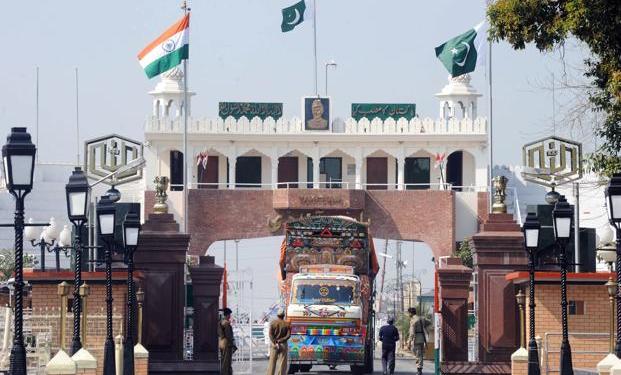In a response to the deadly terrorist attack by Pakistan, India hiked the custom duty on its imported goods to 200 percent with immediate effect. The Modi government has also withdrawn the Most Favored Nation (MFN) status accorded to the hostile neighbor in 1996 in less than 24 hours after the Pulwama attack. As per the General Agreement on Tariffs and Trade (GATT) 1994, the countries accorded the MFN status get preferential treatment with respect to tariffs on imports and other trade barriers. India accorded the MFN status to Pakistan back in 1996, its western neighbor did not reciprocate for more than two decades. India has now unleashed economic warfare against Pakistan to weaken its already crumbling economy.
However, some economists and people in part of the left-liberal intelligentsia argued that the hike in custom duty and cancellation of the MFN status would lead to smuggling and illicit trade. The argument that barriers to free trade will lead to smuggling is purely an economic rationale. The flourishing stream of ‘behavioral economics’ presents some counter arguments to this logic. As per behavioral economics, the public sentiment against Pakistan would help in curbing illicit trade with it. Indian people have very strong sentiments against Pakistan due to repeated ‘misadventures’ with the western neighbor. Therefore, people will not compromise on ‘nationalistic feelings’ for petty economic gains.
“We don’t expect much smuggling because hostility has increased, and public and military sentiment is against any engagement,” said an official. India imports various goods including nuts, gypsum, sulphur, finished leather, ores, mineral oils and cement from Pakistan. India imports goods worth 381 million dollar from Pakistan in the first 8 months of FY 19 compared to 489 million dollars in FY 18. According to officials, the rise of public sentiments against Pakistan would not only help against any prospective rise in illicit trade but also limit the already existing smuggling. The banned apples from China were making their way to India through the Kashmir border, “There is no smuggling at Attari-Wagah border but Chinese apples, which are banned in India, make their way into the country from Muzaffarabad,” said an official. But the public sentiments against Pakistan will bring the illicit trade down.
The alternatives like Dubai to export the banned goods are financially not viable. “Higher duties may encourage smuggling of products which are in demand or goods could be routed through Dubai with separate rules of origin, but they will not remain viable,” said a trade expert.
Economic warfare is one of the most effective ways to weaken any country. The Pakistani economy is already very weak as the country went for its 13th IMF bailout package in less than four decades. Pakistan has foreign exchange reserves of only 7 billion dollars despite the help from friendly countries like China and Saudi Arabia. If India takes a few more measures against Pakistan like revoking the Indus Water Treaty, the economy of Pakistan will collapse very soon. Agriculture plays a very important role in Pakistan’s economy accounting for almost one fifth of its total GDP. If India revokes the IWT, this will be a big blow to an already crumbling Pakistani economy.

























